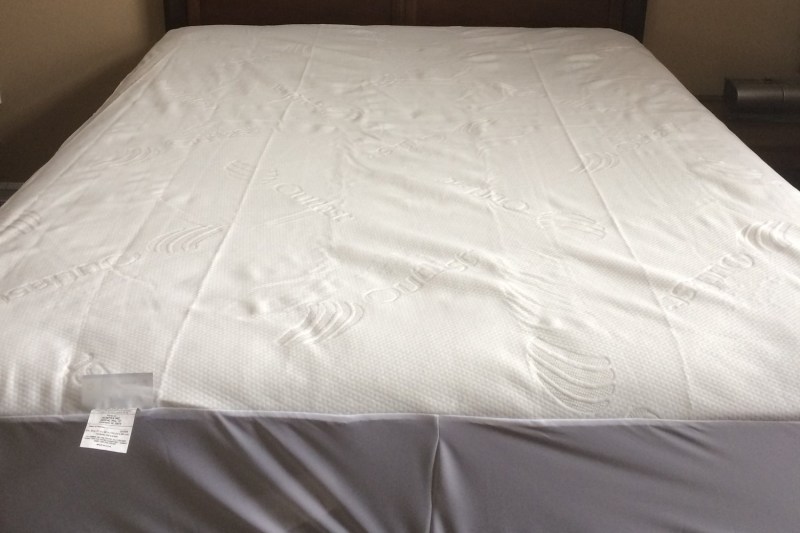We count on our mattresses to provide a good night’s sleep. So is it worthwhile to buy some contractual peace of mind? Is an extended warranty worth the extra cost? That’s what we need to discuss today. Does an extended warranty provide extra value, or are you better off keeping that extra money in the bank instead of under the mattress?
What’s the Deal With an Extended Warranty?
Sometimes, life happens. Your mattress may begin to sag. You might be noticing seams coming apart. If you have a coil spring mattress, maybe a coil has begun to protrude. If you have a memory foam mattress, perhaps you’re noticing an uneven surface. Even when we try our best to avoid such challenges, these issues occasionally pop up anyway.
Typically, mattress companies and furniture retailers offer some sort of standard warranty in case of defects. An extended warranty offers extra time for protection, and it might offer some extra level of protection. If a problem lurks beneath the surface during the length of the standard warranty, an extended warranty can come in handy if this problem emerges after the standard warranty expires.
An extended warranty offers extra protection, but how much protection do we realistically need? Next, let’s examine the cold, hard facts behind the warm, fuzzy feelings on mattress warranty programs.
How Might an Extended Warranty Help?

If issues materialize after the standard warranty expires, here’s where an extended warranty comes in handy. If you find a good mattress on sale, yet the seller only offers a five-year standard warranty, here’s where it makes sense to invest a little more for a longer and stronger warranty that offers better protection.
Since mattresses’ structural issues don’t always materialize immediately, a warranty can come in handy when they do. Repair costs can sometimes approach the price of a new mattress, so we ultimately save money when we find defects that are covered under the warranty.
With all this said, we should note that most mattress manufacturers and retailers offer standard warranties that last longer than five years. Here’s where it pays to pull out the fine-tooth comb and check the details on your desired mattress’ warranty.
Read the Fine Print, and Keep in Mind What’s Covered by the Standard Warranty

Most mattress manufacturers and retailers offer some kind of long-term standard warranty. Traditional retailers like MattressFirm offer guidance to customers on what’s covered and how to file warranty claims, and others — like Macy’s — offer multiple warranty options with baseline benefits like professional stain removal. Online “bed in a box” retailers like Leesa and Nectar offer ten-year minimum warranties, and Nectar goes even further with its “Forever Warranty” that offers to repair or replace a defective mattress (at Nectar’s discretion) after ten years.
Also, it’s important to note that mattresses’ life spans typically range from seven to ten years. If you’re planning to buy a new mattress from a company that already offers a standard ten-year warranty, paying for an extended warranty may merely amount to paying for something that you will likely never use.
In summary, it pays to read the fine print and learn about the warranty that your mattress retailer already includes. While an extended warranty might offer extra protection, that protection may not be necessary if the manufacturer and/or retailer offers a standard warranty that already covers the mattress’ natural life span. As much as add-on protection plans can offer peace of mind, so can saving money. Make sure to check for the warranty when you’re shopping for a new mattress, as your new mattress’ warranty might already offer robust protection at no extra cost.



